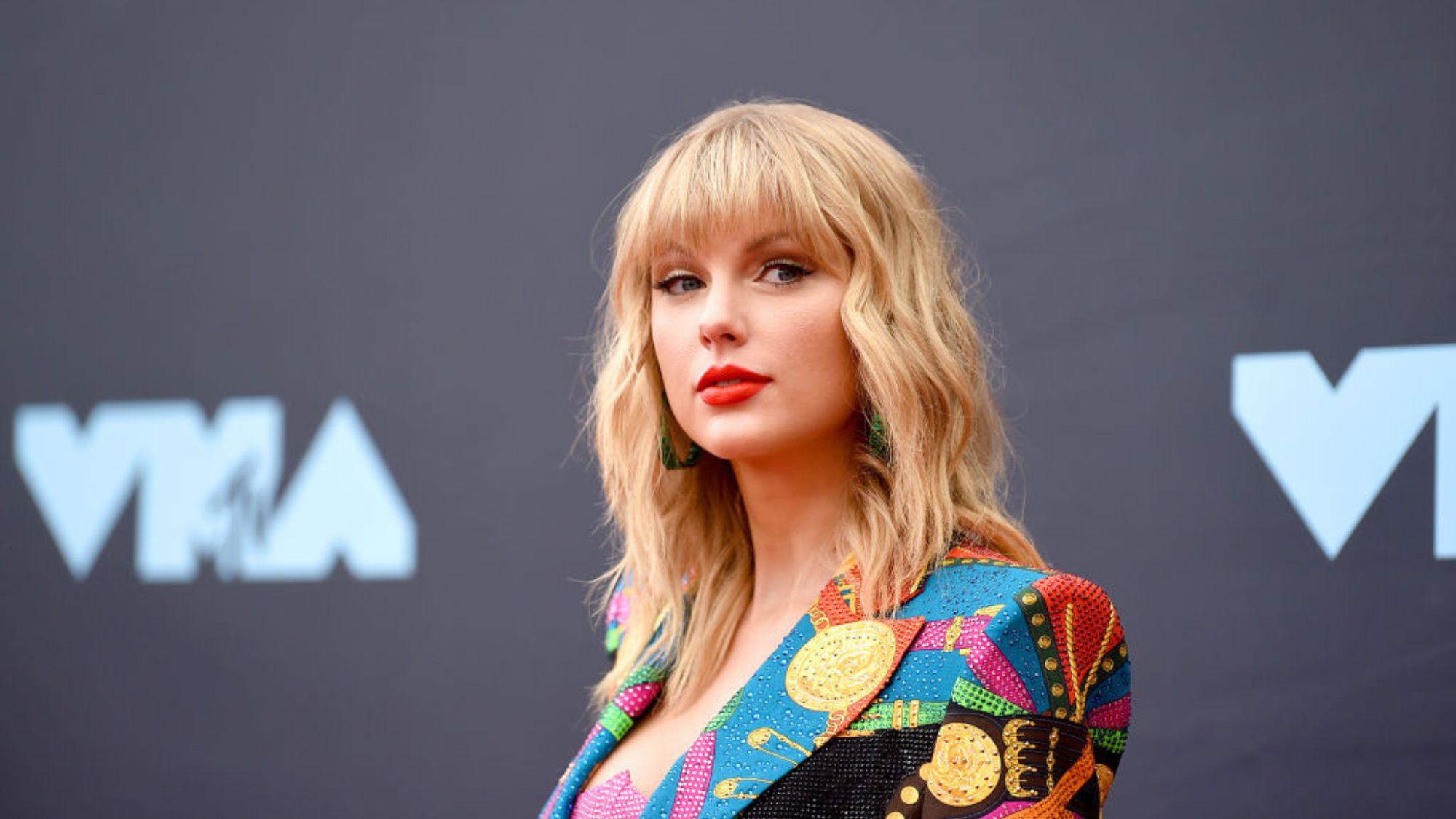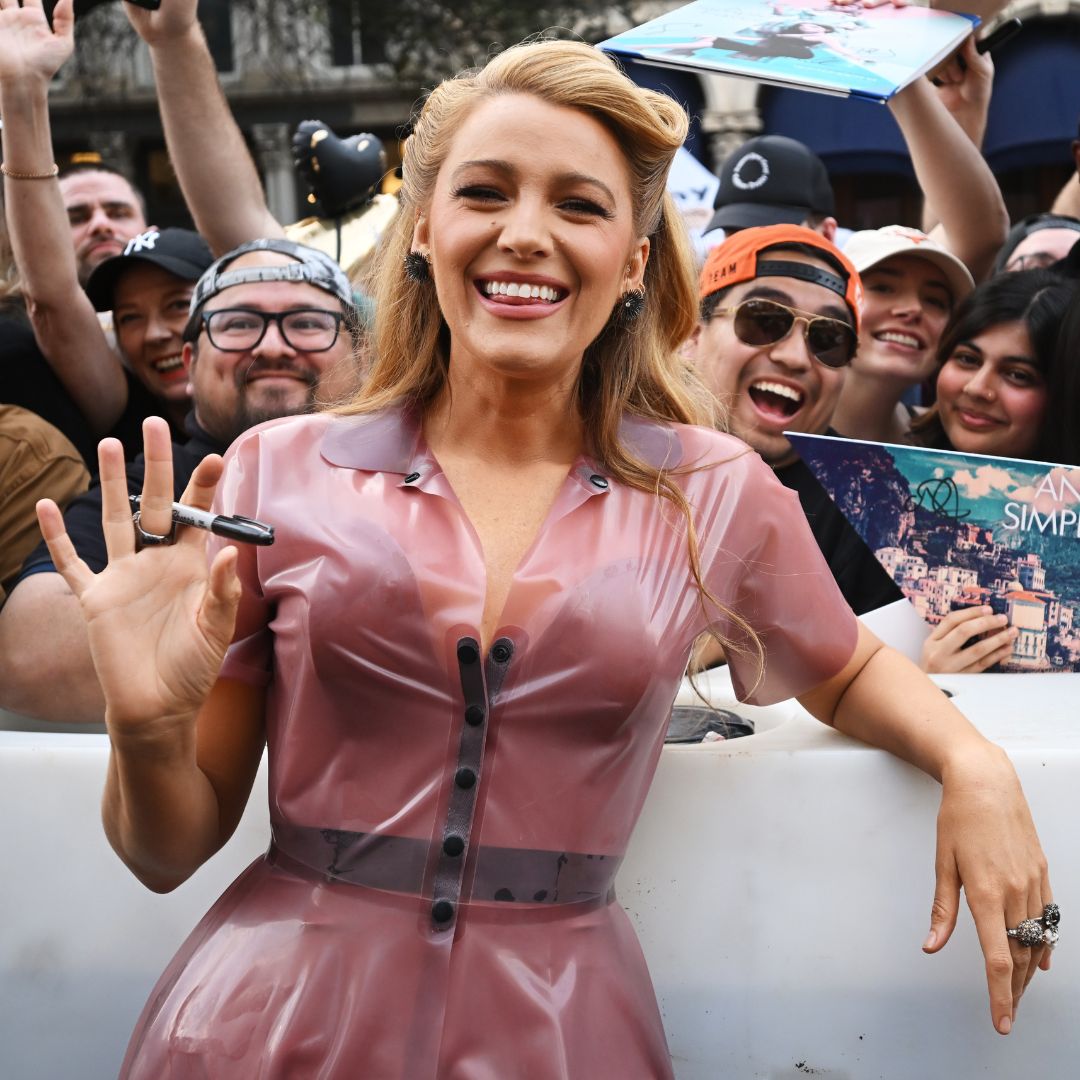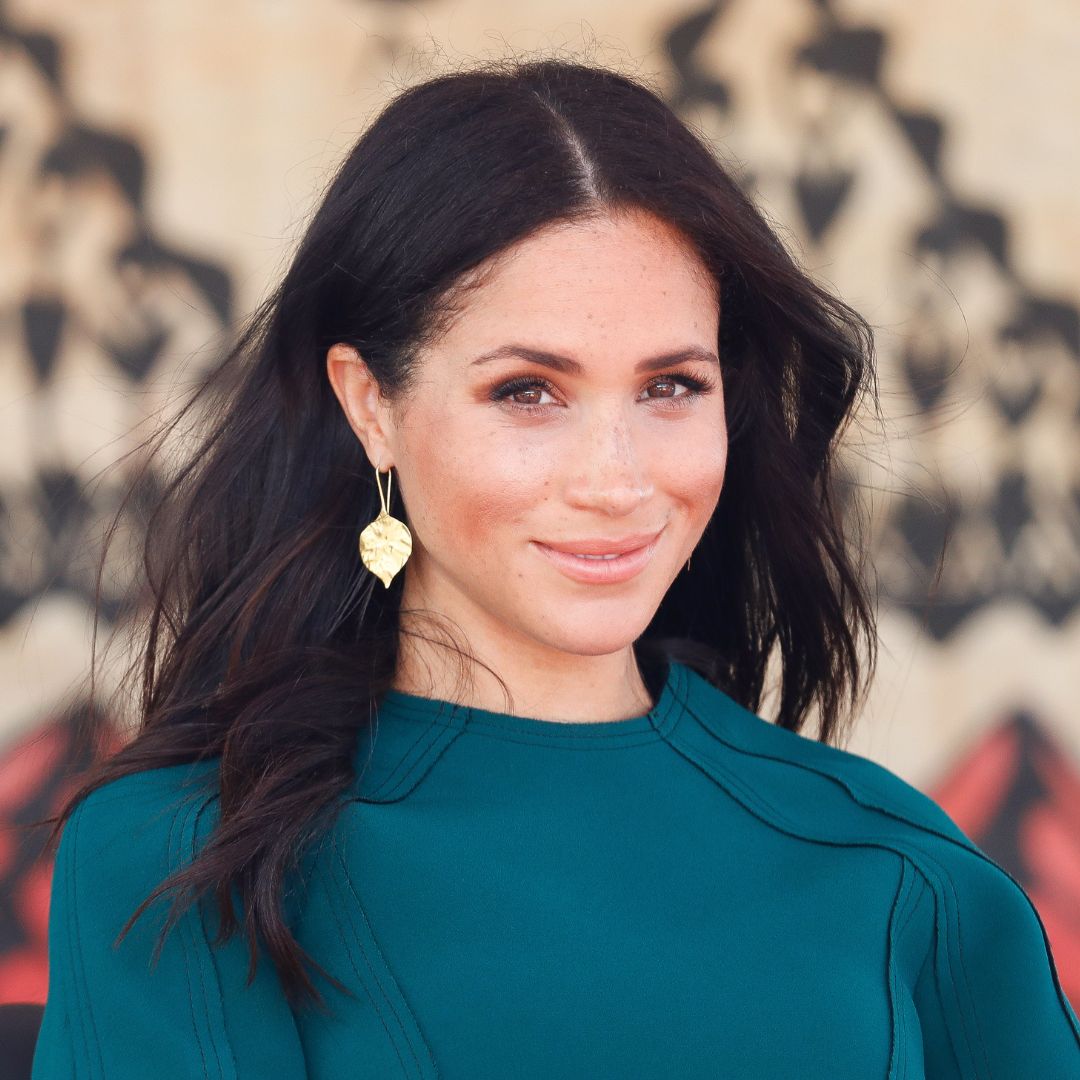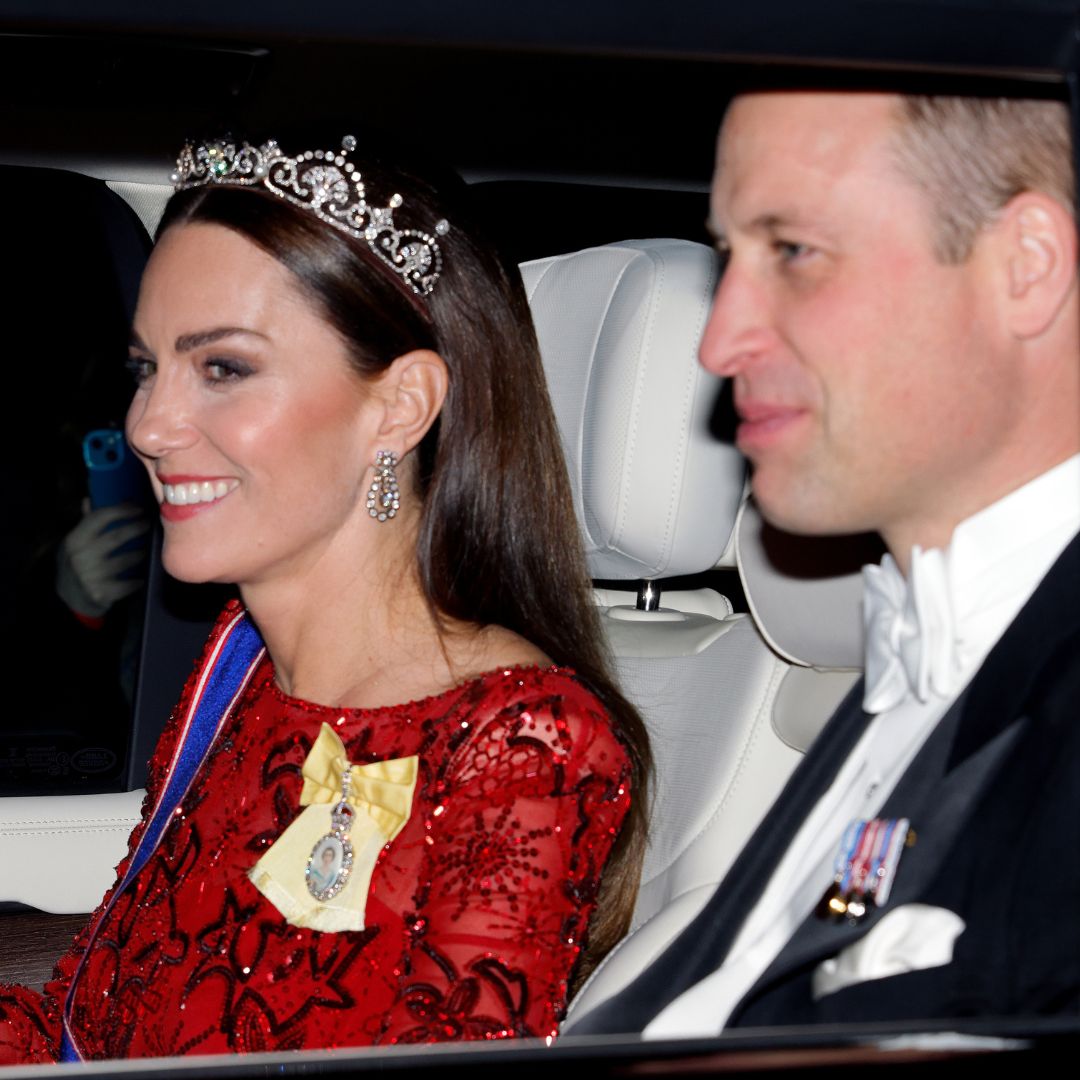Why Taylor Swift is being called out as fatphobic for her Anti Hero music video
The award-winning singer released her tenth studio album, Midnights, last week.

Last week, multi-award-winning singer Taylor Swift delighted fans around the world with the release of her tenth studio album, Midnights.
One of the stand-out songs from the album is Anti Hero, which is currently doing the rounds on TikTok and sitting at number one in the UK charts.
While the majority of fans were excited that the singer was back - as always, with so many great songs, too - some took to Twitter to express their disappointment in the Anti Hero music video.
Trigger warning: this article discusses themes of eating disorders and negative body image
Taylor directed the video herself and has spoken about how it was a metaphorical take on the body image issues she's faced her whole life. Having a career in the public eye, she's long been candid about her disordered eating and body dysmorphia and described the Anti Hero video as her "nightmare scenarios and intrusive thoughts play[ed] out in real-time."
These include her family and friends betraying her and a nod to her weight during a scene where she sees the word "fat" when she steps on her bathroom scales.
Why Taylor Swift is being accused of fatphobia in new Anti Hero video
While the video has since been edited to omit the pan down to the scales (Taylor's team hasn't publically addressed this, however), it has caused a debate online. Some call the video "fatphobic" and say that framing being overweight as a worst-case scenario is insensitive to those who struggle with their weight.
Marie Claire Newsletter
Celebrity news, beauty, fashion advice, and fascinating features, delivered straight to your inbox!
One said on Twitter: "“Taylor Swift’s music video, where she looks down at the scale where it says “fat” is a sh*tty way to describe her body image struggles. Fat people don’t need to have it reiterated yet again that it’s everyone’s worst nightmare to look like us.”
Another added: “Terrible. Just awful. Fatphobia at its finest. And from a skinny, rich, white, straight cis woman. Your choice to include this will cause intense harm to many people."
There have also been accusations of lazy storytelling, with several experts from charities like BEAT, the Eating Disorder charity, reminding that such scenes can be triggering for those currently experiencing disordered thought patterns around food or struggling with the symptoms of an eating disorder.
That said, the star has been candid about her own personal body image journey and struggles with self love before. In her 2020 documentary Miss Americana, she says that if she ever saw “a picture of [herself] where [she felt like her] tummy was too big" or "someone said that [she] looked pregnant", it often "triggered" her "to just starve a little bit" and "stop eating."
This is why many fans - and even celebrity Whoopi Goldberg - have jumped to her defense, defending the singer for speaking her own truth.
Listen, I’m not a swiftie but if you took the whole scale scene in Anti-Hero as fatphobia rather than a commentary on how women will see fat no matter what they look like and what number comes up on the scale, that’s a YOU problem.October 26, 2022
“My relationship with food was exactly the same psychology that I applied to everything else in my life: if I was given a pat on the head, I registered that as good. If I was given a punishment, I registered that as bad,” she's said previously.
“I remember how, when I was 18, that was the first time I was on the cover of a magazine, and the headline was like ‘Pregnant at 18?’ And it was because I had worn something that made my lower stomach look not flat. So I just registered that as a punishment. And then I’d walk into a photo shoot and somebody who worked at a magazine would say, ‘Oh, wow, this is so amazing that you can fit into the sample sizes!’ and I looked at that as a pat on the head. You register that enough times, and you just start to accommodate everything towards praise and punishment, including your own body.”
As a Health Editor, I see both sides - but firmly believe that no one's mental health should be trivialised or called into question because of how they look. It appears that she's pointing out how ridiculous societal standards about body image are - as one fan Tweeted, “She knows it’s f*cked. That’s the point.”
Anyone can suffer from disordered eating - you can be any weight, height, race, or age. And so it's more important than ever that we keep breaking down the taboos surrounding speaking up, and make sure that those who need it can get the help and support necessary to make a full recovery.
If you have been affected by the themes in this article, know that Beat, the UK’s eating disorder charity, is open 365 days a year. Simply call 0808 801 0677 or visit beateatingdisorders.org.uk.

Ally Head is Marie Claire UK's Senior Health and Sustainability Editor, nine-time marathoner, and Boston Qualifying runner. Day-to-day, she heads up all strategy for her pillars, working across commissioning, features, and e-commerce, reporting on the latest health updates, writing the must-read wellness content, and rounding up the genuinely sustainable and squat-proof gym leggings worth *adding to basket*. She also spearheads the brand's annual Women in Sport covers, interviewing and shooting the likes of Mary Earps, Millie Bright, Daryll Neita, and Lavaia Nielsen. She's won a BSME for her sustainability work, regularly hosts panels and presents for events like the Sustainability Awards, and is a stickler for a strong stat, too, seeing over nine million total impressions on the January 2023 Wellness Issue she oversaw. Follow Ally on Instagram for more or get in touch.


